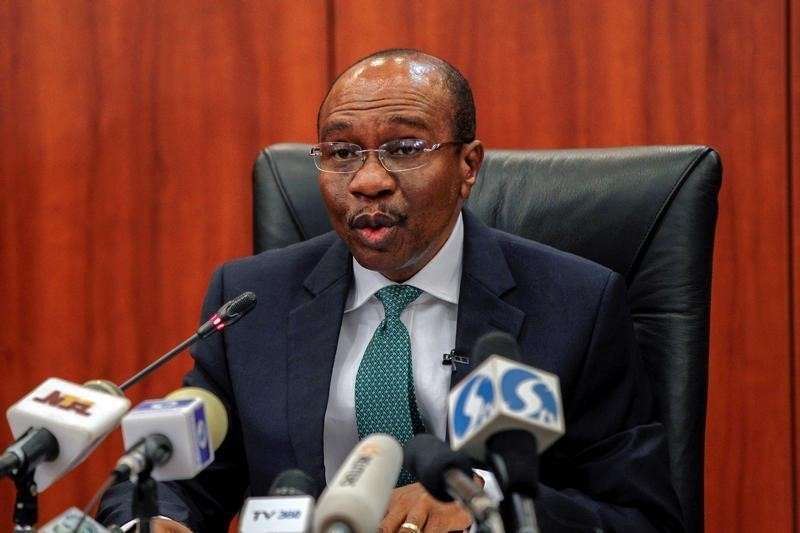Nigeria’s External Reserves Rise By 1.1% In 6 Days

The 30-day moving average of Nigeria’s foreign external reserves last week accrued by $442.8 million or 1.07 per cent rising to $41.54 billion as at February 14, 2018 according to latest data on the website of the Central Bank of Nigeria (CBN). The reserves had reached a five year high mark last week as it crossed $41 billion on February 8, 2018, a level it last achieved in December 2013. Analysts project that the reserves will continue to accrue this year, rising to almost $50 billion. The rising exports in the country as well as the increased confidence and inflow of foreign exchange through the Nigeria Autonomous Foreign Exchange (NAFEX) window were also factors contributing to the accretion of the external reserves. The reserves has this year increased by $2.62 billion or 6.7 per cent from $38.91 billion which it was as at January 2, 2018. Last week, inflow of foreign exchange at the Nigeria Autonomous Foreign Exchange window, also known as the Investors and Exporters window stood at $789.9 million CBN director, Banking Supervision, Ahmed Abdullahi, while noting the increasing optimism in the Nigerian economy, said it is being fueled by “the fact that we have a very low risk rating in the economy and we have one of the lowest risk premium as per the debt market. “There is a very high confidence in the economy occasioned by the fact that the reserves is at the highest level and we are talking of reserves of about $42 billion at the moment. We closed the year at about $40 billion in 2017 and it has risen to about $42 billion,” he stated. The CBN has introduced several polices to increase the flow of foreign exchange into the country and stem the volatility at the foreign exchange market. Its most successful policy according to analysts is the NAFEX also known as the Investors and Exporters window which has seen an inflow of over $32.9 billion since its launch in April last year. According to analysts at FBNQuest, based on the balance of payments for the 12 months through to September 2017, the reserves at the end of January 2018 covered 15.1 months’ merchandise imports, and 10.2 months when services are added. FBNQuest analysts noted that the rapid accumulation of $12.69 billion over 12 months “is due to two sizeable Eurobond launches, a small diaspora bond issue and the recovery in oil export revenues (through the NNPC’s share of production). We have to add the CBN’s foreign exchange reforms in H1 2017 because the substantial autonomous inflows have reduced its need to supply forex to the various windows. We should stress that the data are gross and mask the swap transactions the CBN has entered into with local banks.”
Economy:- Nigeria’s External Reserves Rise By 1.1% In 6 Days
Click Here for Feedback and 5-Star Rating!

Share your thoughts